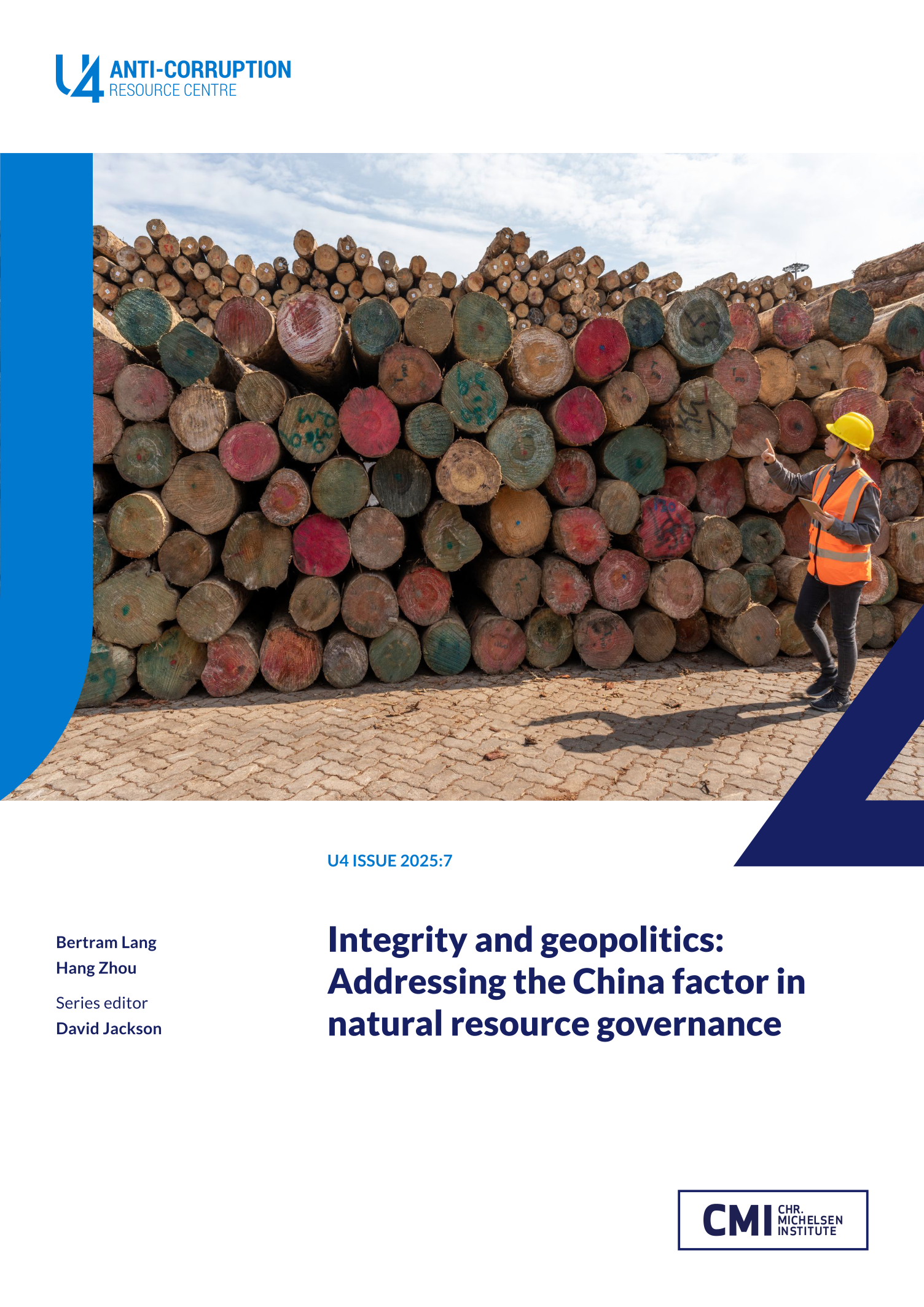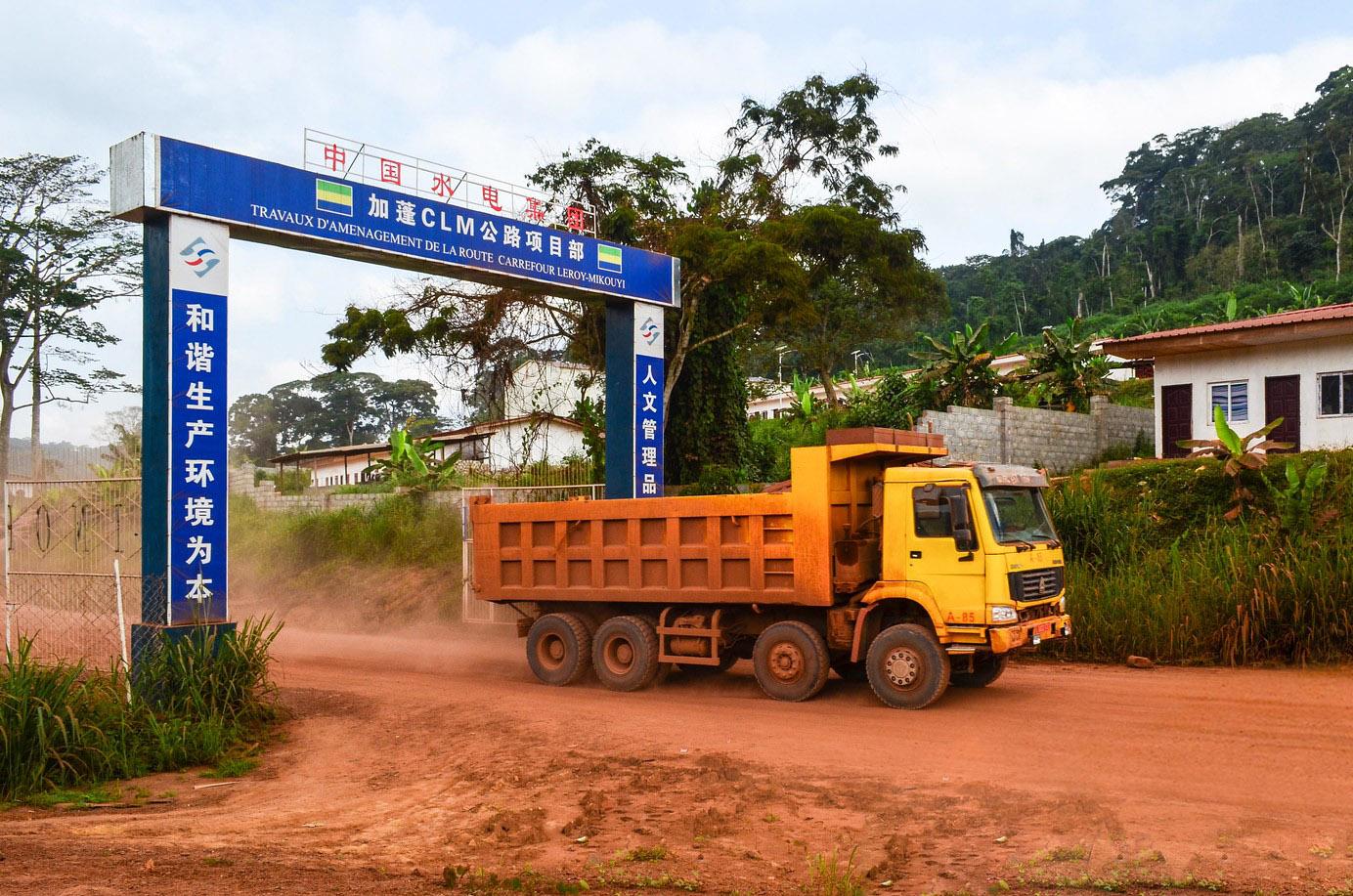Main points
- Despite the Chinese government vowing to promote a ‘clean Belt and Road’ initiative with ‘zero tolerance’ for corruption, it is crucial to better understand how Chinese approaches in natural resource governance are evolving in practice and how they could impact international initiatives promoting clean business conduct vis-à-vis developing country partners.
- Chinese investment in natural resources overseas is governed more by voluntary sectoral guidelines and host-country laws than binding anti-corruption regulations. This creates uneven practices across countries and sectors, often determined by local enforcement dynamics and reputational concerns.
- Chinese state-owned enterprises and business associations are engaging more with international environmental, social, and governance (ESG) frameworks, providing entry points for governance-related discussions. However, their impact may be limited without independent oversight and stronger enforcement.
- Civil society in China plays an important role in promoting responsible business conduct abroad, despite strict limitations on public advocacy. Many non-governmental organisations (NGOs) rely on indirect influence through environmental or development-focused projects, data collection, and consulting services.
- Voluntary international standards such as certification schemes and industry codes offer channels to influence Chinese corporate behaviour in politically sensitive contexts.
- Geopolitical competition has had mixed effects on Chinese governance standards in overseas natural resource sectors. While it has driven stronger due diligence and international engagement in the mining sector, forest governance has stagnated due to reduced political attention and concerns over traceability requirements and international data sharing.
- With the United States retreating from ESG leadership, the European Union (EU) should focus its efforts on strengthening multilateral platforms that are open to Chinese participation, while strengthening the emphasis on governance mechanisms in existing bilateral platforms and shared priority areas like green finance.
- Engaging Chinese NGOs and business associations through sustainability-related efforts and global benchmarking can help promote higher standards without direct confrontation. Any enforcement of mandatory standards must be combined with systematic outreach activities – to both Chinese midstream actors and producing countries – to avoid an international backlash.
- UN-level engagement, especially via the Critical Energy Transition Minerals Panel, offers a strategic opportunity to advance global standards for transparency and accountability in natural resource supply chains.



